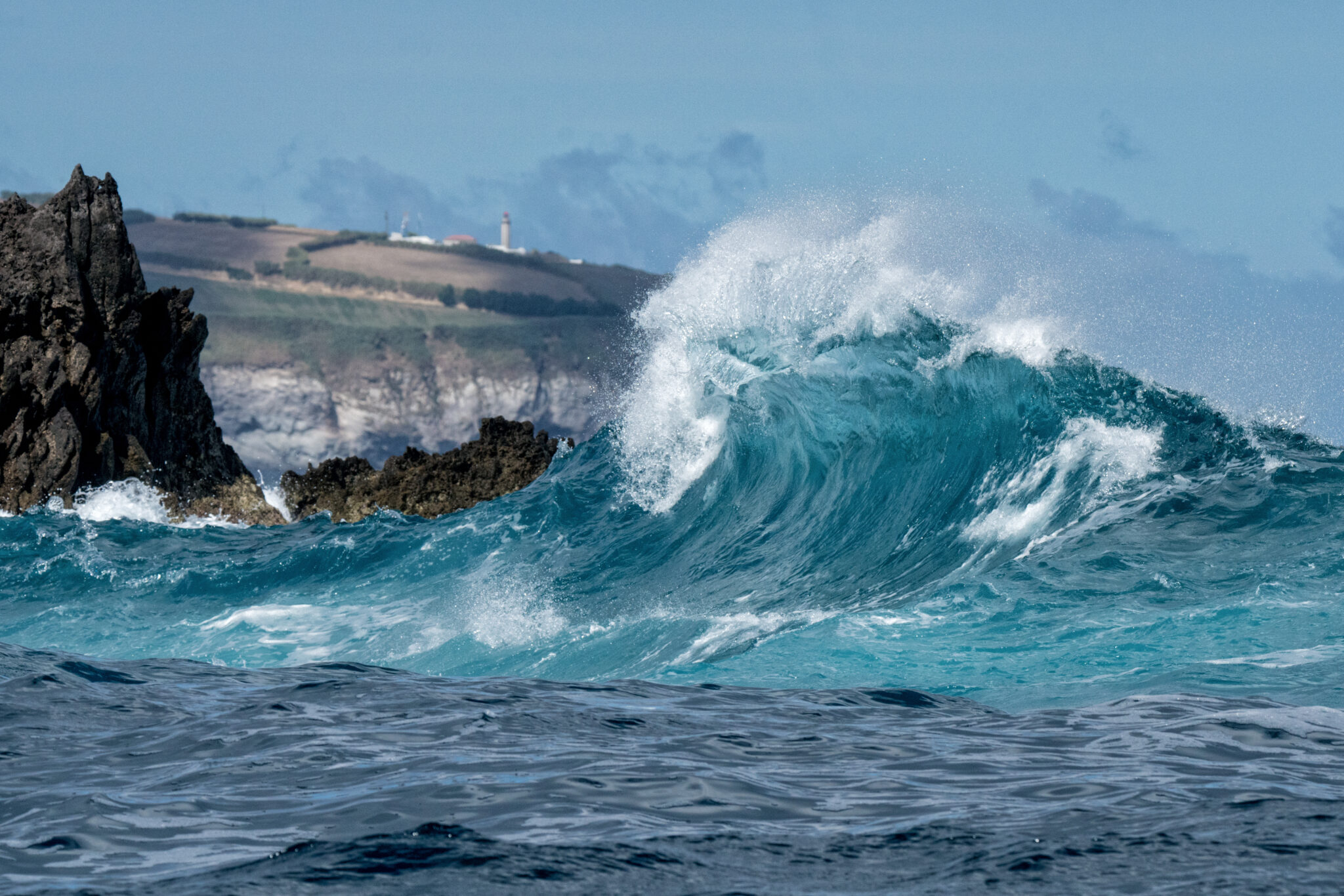Recent findings about the state of biodiversity around the planet are alarming. Earlier this year, university researchers published a study in Biological Reviews that concluded 48 percent of insects and animals—including mammals, birds, amphibians, reptiles, and fish—are experiencing sustained population declines. Meanwhile, only three percent of species are enjoying growth.
The dramatic findings affirm what scientists have hypothesized for years but hoped was a blip on the radar: The planet is in the midst of the sixth mass extinction. What exactly are we facing? It is predicted that three quarters of species on earth could disappear within the next 300 years.
This momentous event requires an equally herculean response from governments, organizations, and animal advocate leaders to address the crisis. Now, more than ever, the world needs conservation champions that can help slow the decline in wildlife around the world and preserve its natural beauty for generations to come.
Maintaining the existence of even one animal by prioritizing coexistence with humanity can tilt the scales away from catastrophe.
In recent history, the U.S. has emerged as a leader in the conservation fight. The Endangered Species Act—hallmark legislation that was passed 50 years ago—has undeniably changed the trajectory of species in the U.S. for the better. To date, it is estimated the law has clawed back roughly 300 species from the brink of extinction. And earlier this summer, new rules aimed at restoring and strengthening the statute were unveiled in Washington, reaffirming U.S. commitment to conservation for the foreseeable future.
Moving forward, the U.S. and other developed countries that prioritize biodiversity need to build off this success. Leaders should pressure other nations around the world to adopt similar standards, which will hopefully yield similar results. Because what happens in the rainforests of South America or the jungles of Asia has a ripple effect that stretches across the globe.
While leveraging international bodies like the United Nations to push the conservation agenda is welcome, we need a strategy with teeth. Another U.N. resolution followed by empty rhetoric will do little to remedy this sticky situation.
The U.S. and its western allies should, instead, take a more aggressive approach to marshal the world in a fight against the sixth mass extinction. Trade deals and foreign aid money should be used as a carrot to persuade other nations to prioritize animal, plant, and insect preservation.
For example, the U.S. provides roughly $50 billion in financial assistance annually to countries around the world. Not only should that money be tied to factors like economic need, structure of government, and human rights considerations, but also to a nation’s conservation policies.
On top of strong diplomacy, non-government organizations, private businesses, and conservation advocates should be encouraged to expand animal rescue, habitat preservation, and public awareness initiatives. No other type of institution in the world plays a more critical role in this struggle than responsibly run zoos, aquariums, and animal conservation parks.
Globally, modern zoos and aquariums spend more than $350 million annually to protect wildlife. Additionally, these parks help to introduce people to species they may never ordinarily encounter. It is these unique experiences that help inspire the next generation of conservationists. Building these parks in underserved areas around the world will help expand the footprint of the conservation movement and ensure the work continues long after we are gone.
The sixth mass extinction is upon us and the crisis requires a strong international response. The U.S. and similarly conservation-minded countries need to step up the pressure campaign to get other nations on board to fight back.
Robin Ganzert, Ph.D., is the CEO of American Humane, the nation’s oldest animal welfare organization, which awards the annual Wolfgang Kiessling International Prize for Species Conservation. Wolfgang Kiessling is a renowned conservationist and founder of Loro Parque.


